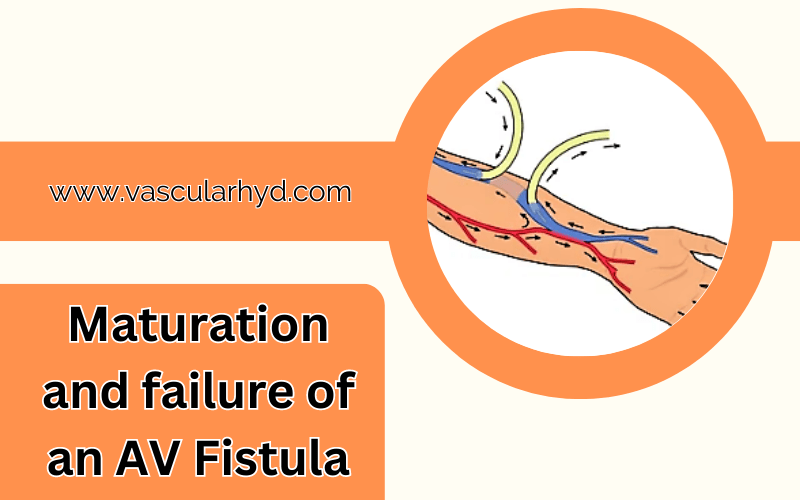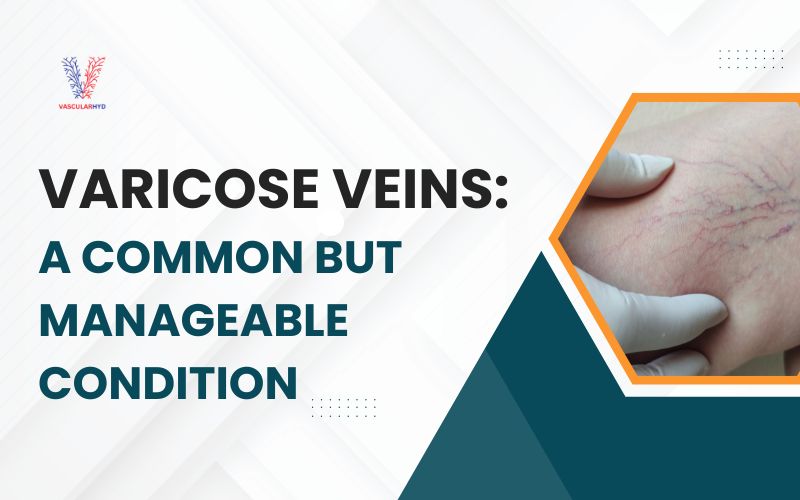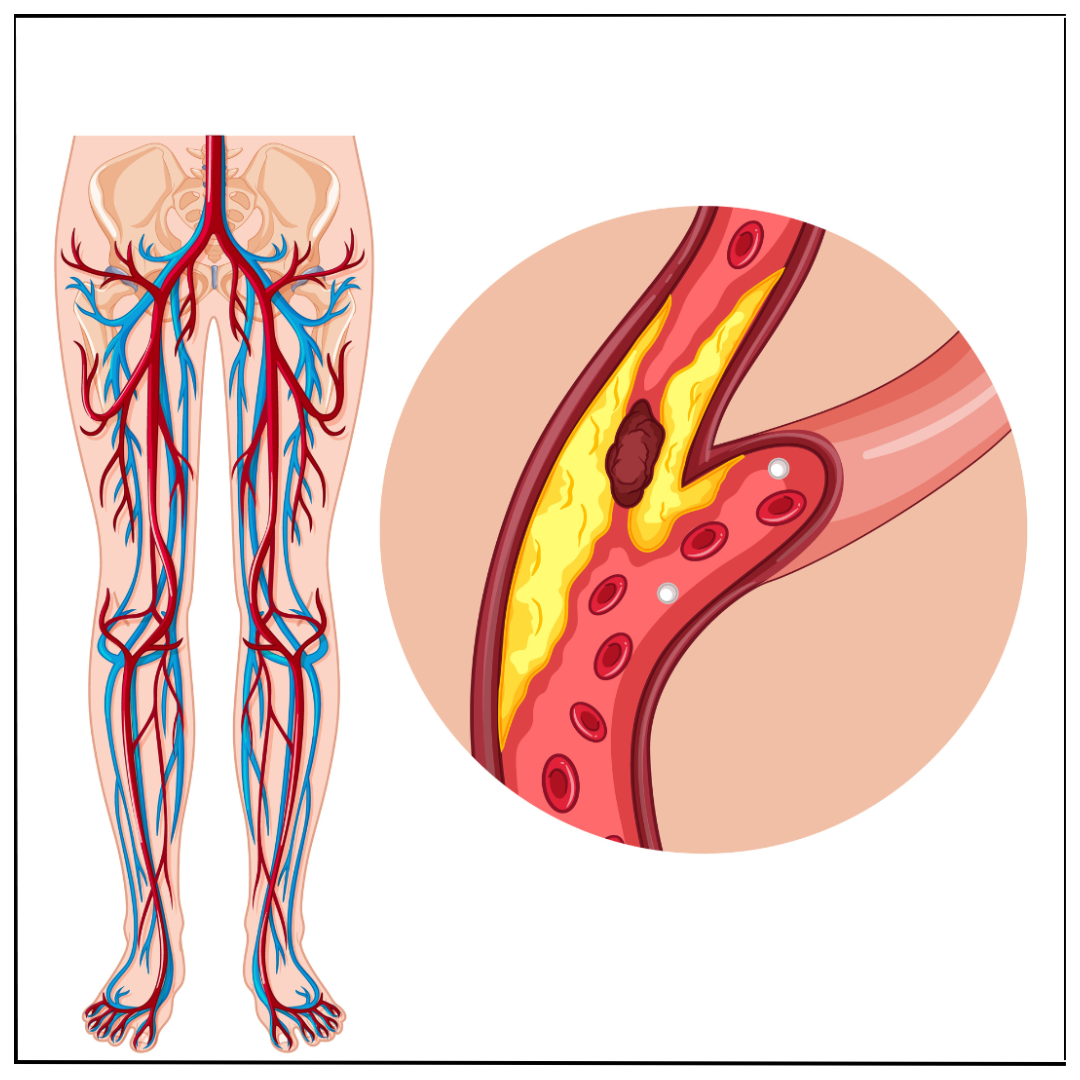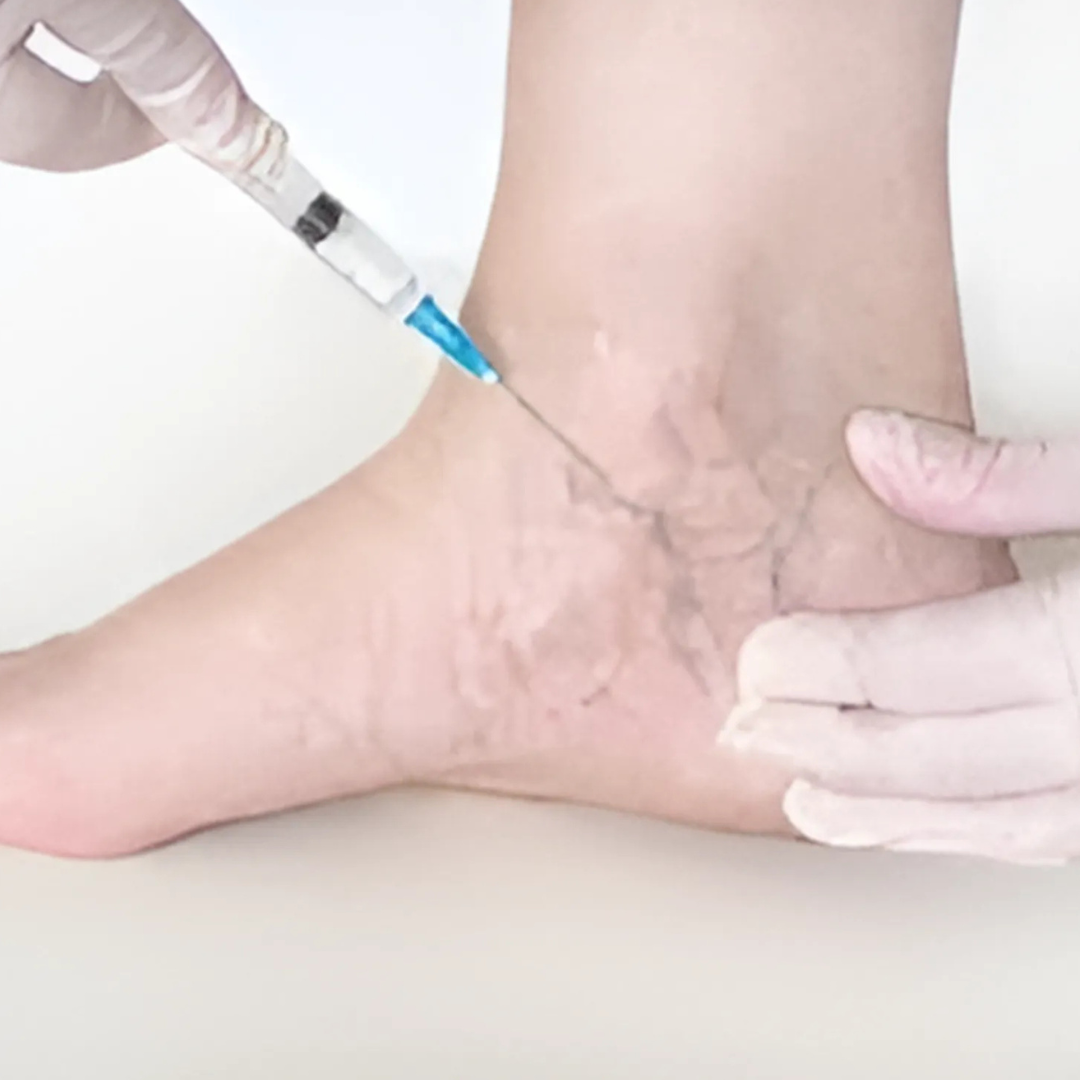How does AV fistula mature?
When an AVF (Arteriovenous fistula) is created, blood is shunted under intense pressure from the artery into the vein, increasing blood flow into the vein. The vein gradually enlarges and the vessel walls thicken under the increased pressure throughout the development phase. This vessel dilatation and thickening during the development phase is called fistula maturation.
It becomes strong enough as the vein enlarges and thickens to allow needling in the vein to extract blood for dialysis and then return the dialyzed blood through another needle.
How long does it take for an AVF to mature?
The maturation time for an AVF to be suitable for dialysis is normally 6 weeks, however this can vary based on a number of factors including the individual's health, the size and location of the fistula, and the quality of the vessels.
How can we assist AV access in maturing?
Proper care, such as regular exercise, maintaining hygiene, avoiding undue pressure on the fistula site, and avoiding the use of the arm for blood draws or blood pressure measurement, might speed up the maturation process.
Your vascular surgeon will closely monitor the maturation process and determine when the fistula is appropriate for dialysis usage. It is critical to follow their advice and take proper care of your access to keep it healthy and effective.
What causes an AV access to fail?
While AVFs are the preferred vascular access for hemodialysis, they can fail for a variety of reasons, including:
Maturation Failure: The process by which the vein grows large and strong enough to sustain dialysis is referred to as AVF maturation. Sometimes it may not develop, resulting in poor flow and insufficient dialysis. Small vessel size, inadequate blood flow, and underlying medical disorders such as diabetes or peripheral artery disease can all lead to maturation failure.
Stenosis or narrowing: Stenosis means narrowing or decrease in caliber. Stenosis can arise as a result of scar tissue formation, blood clots, or calcium deposit deposition. When there is stenosis, blood flow via the AVF is diminished, making dialysis less effective and more likely to fail.
Thrombosis: The development of blood clots is referred to as thrombosis. Blood clots can occur as a result of several circumstances, including stenosis, insufficient blood flow, infection, or damage to the access. Thrombosis can cause it to block, making dialysis difficult.
Aneurysm: An aneurysm is a bulge or swelling in a blood vessel that can weaken the artery wall and cause it to burst. Excessive pressure within the vessel might cause this. This most usually occurs near the location of the needle penetration.
Infection: Infection can arise in the fistula, causing inflammation and scarring, as well as puncture site hemorrhage and pseudoaneurysm.
Trauma: Trauma to the vein, such as repeated needling at the same spot, can cause skin damage and bleeding at the puncture site. Furthermore, repeated puncturing causes scarring and narrowing of the vein, which causes clotting.
Poor surgical technique: If the connection between artery and vein is not correctly constructed, it may not work properly or may fail entirely.
Patient-related factors: Patient variables such as inadequate blood flow, diabetes, and advanced age can all increase the likelihood of AV fistula failure.
In conclusion, failure of an AV fistula for dialysis can be caused by a number of reasons. Regular monitoring and maintenance can aid in the detection and management of problems before they cause failure. If AVFs fail, additional options for vascular access, such as a graft or catheter, may be investigated. Consult your vascular surgeon about these for more information and take an informed decision.
Also Read: Understanding Vascular Disease: Causes, Symptoms, and Treatment Options





 What You Need to Know.jpg)


.png)
